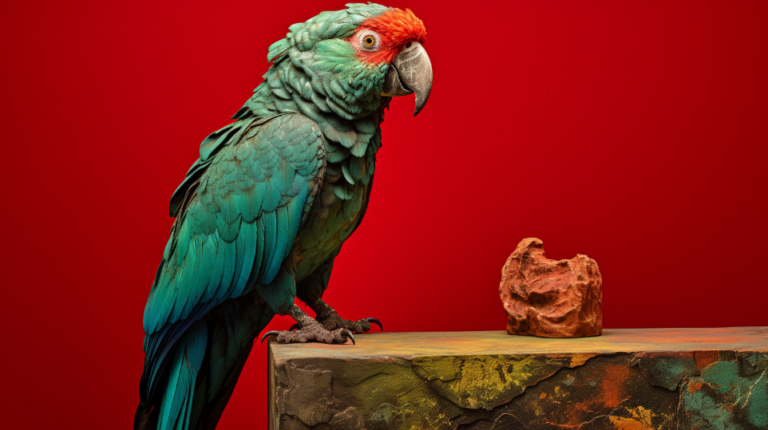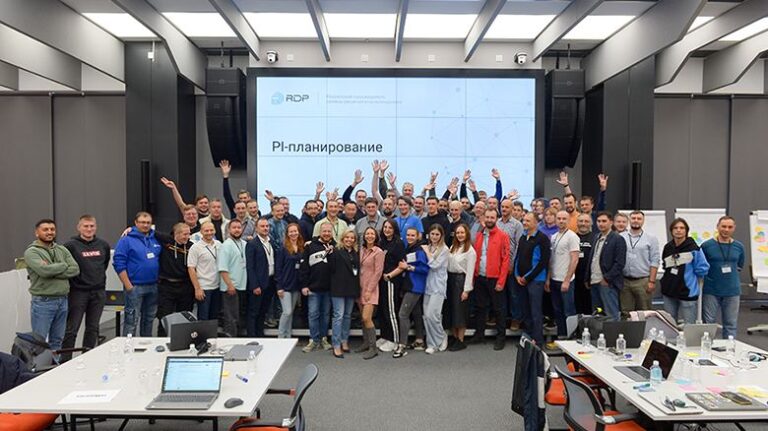2008 vs 2020: How investor behavior is changing during the crisis

Image: Unsplash
Recent Investopedia Portal Survey revealedthat investors today are far more concerned about the depth of the crisis caused by the coronavirus pandemic than they did in 2008. At the same time, they are not so actively working with their investment portfolio now than they did in the crisis that happened 12 years ago.
How exactly the behavior of investors changed, what worries them now, and what they were worried about during the past economic crisis, we prepared an extract of the main points of the Investopedia poll.
Market revival stimulates anxiety
More experienced and possessing large assets investors today act on the basis of the lessons of the financial crisis of 2008-09. Then many succumbed to panic and committed erroneous actions, so now they are trying to be calmer and not go in the crowd. At the same time, the recent recovery and recovery on the exchanges stimulates their anxieties and “bearish” moods (that is, expectations of a new fall).
Factors such as massive US unemployment are difficult for experienced investors to ignore. They separate the recovery of the stock market from the economy as a whole. Today, the crisis is much more systemic and global in nature than it was in 2008. Therefore, investors are concerned about the situation and are not sure that growth will continue.
More than half of the 1,200 investors surveyed were already on the market in 2008-09. 74% of them belong to the “Baby Boomers” generation (born in the 40s and 60s of the last century) or older, and a quarter represent generation X (born between the 60s and 80s of the last century) or subsequent. Older investors usually have large assets, 60% of financiers interviewed by reporters own a portfolio of half a million dollars or more.
Such people may lose more than younger investors, and physically less time to recover assets. So today they are much more cautious. Those who did not catch the crisis of 2008-09 are more prone to risk, just under 40% of the representatives of this group are hoping for an early growth.
How investors react to the market situation
More than half of respondents said that the current crisis worries them much more than in 2008-09. As a result, they make fewer transactions than those investors who found the past crisis.
Many investors in the current environment use defensive assets and the foreign exchange market. At the peak of the crisis, the first group of assets was formed by ETF index funds, as well as government bonds.
ETF (Exchange-Traded Funds) is a great alternative to investing in stock indexes for a limited investor. This financial instrument is traded on the stock exchange in the same way as stocks. In fact, these are foreign exchange investment funds, which are a portfolio of shares or other assets that completely repeat the composition of the target index. For example, ETF with ticker SPY reflects the dynamics of stocks of the S & P500 index. Shares of ETFs themselves are also traded on an exchange.
ETFs cover a large number of different asset classes, so they should be considered as a tool to “average” the portfolio with adequate risk.
In Russia, federal loan bonds in combination with individual investment account (IIS).
When using IIS, two types of benefits can be obtained. The first of these is a tax deduction (13%). To receive it, you need to deposit money into the investment account, as well as have an official taxable income (PIT). For example, if you deposit 400 thousand rubles on the IIS, then a maximum of 52 thousand can be returned as a deduction – for this you will need a salary of 33 thousand per month. According to the rules, money must be in the IIS account for three years, it can be withdrawn earlier, but then the deductions will have to be returned.
The second type of benefit when using IIS is exemption from income tax from transactions on the exchange. And this opens up space for low-risk investments – just right for the task of preserving finances.
Bonds are also issued by large Russian companies – and their yield is higher. ITI Capital Analysts Compiled model portfoliowhere such bonds are combined.
Experienced investors disagree on valuing stocks as an asset.
The issue of using stocks as a tool for investing in a crisis has split experienced investors. 33% of them said that they are now less actively investing in stocks, and 44% have increased activity when using this tool.
Moreover, even those who fell into the second group adhere to a conservative strategy. Among other things, this means investing in stocks of large, established companies such as Amazon. They also use stocks from companies such as Coca-Cola, McDonald’s, PepsiCo, Facebook and Intel. Many also include Tesla stocks in their portfolio, which have been growing very well in recent times.
You can buy shares of Tesla and other American companies from Russia without having to open a separate brokerage account with foreign brokers. Via St. Petersburg Exchange Foreign Securities Market investors can buy 500 liquid shares of leading companies in all sectors of the global economy, including all shares of the S&P 500 index.
To make transactions with such shares, you need a brokerage account – open it can online.
Read reviews, market analytics and investment ideas in Telegram channel ITI Capital





